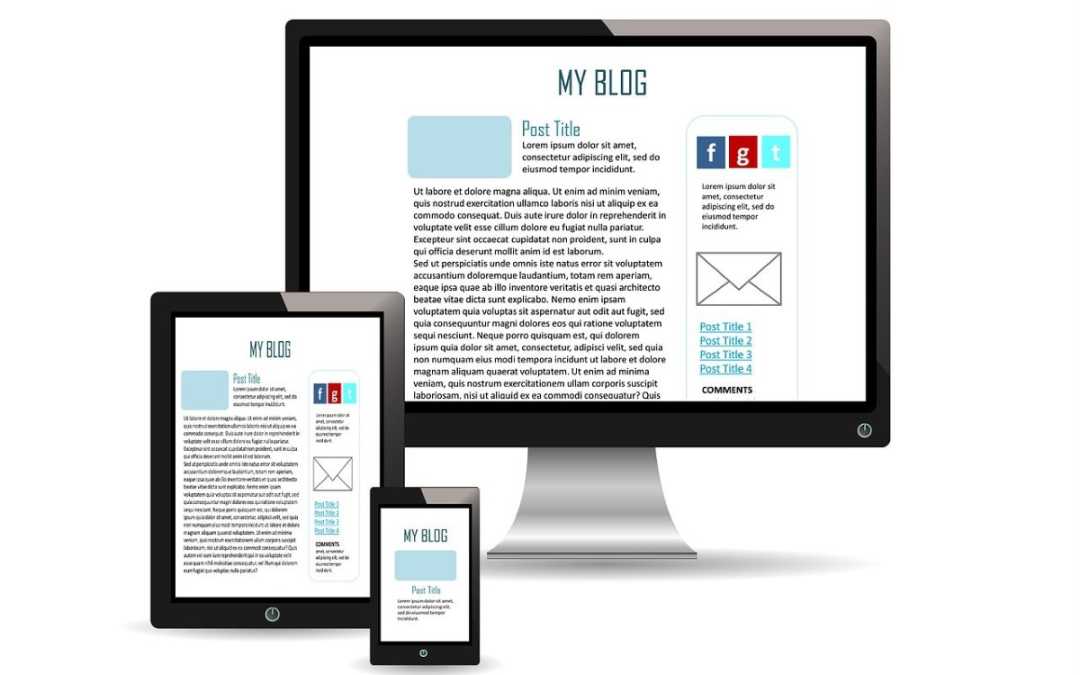iOS vs. Android: Which Platform Should You Develop for First?
When it comes to mobile app development, one of the most critical decisions developers face is choosing between iOS and Android as their primary platform. Each operating system has its unique advantages and challenges, making the decision a pivotal one for developers and businesses alike. In this guide, we will explore the key factors to consider when deciding which platform to develop for first, helping you make an informed choice.
Understanding the Market Landscape
Before diving into the specifics of iOS and Android, it’s essential to understand the current market landscape. As of 2023, Android holds a significant share of the global smartphone market, accounting for approximately 72% of all devices. In contrast, iOS commands around 27% of the market. However, the choice of platform should not solely depend on market share; other factors such as target audience, revenue potential, and user engagement are equally important.
Target Audience
When deciding which platform to prioritize, consider your target audience.
- Demographics: iOS users tend to be more affluent, with a higher disposable income, while Android users are more diverse in terms of income and demographics.
- Geographical Distribution: Android is more popular in emerging markets, whereas iOS has a strong presence in developed countries.
Understanding your audience’s preferences and behaviors can significantly influence your decision. If your app targets a niche market that predominantly uses iOS, it may be wise to start there. Conversely, if your app is aimed at a broader audience, Android might be the better choice.
Development Costs and Time
Another crucial factor to consider is the cost and time associated with developing for each platform.
- iOS Development: Developing for iOS typically requires a Mac computer and knowledge of Swift or Objective-C. The development process can be streamlined due to fewer device variations, which can lead to lower testing costs.
- Android Development: Android development can be more complex due to the wide variety of devices and screen sizes. Developers often need to account for different versions of the Android operating system, which can increase development time and costs.
If you have limited resources or time constraints, starting with iOS may be more efficient. However, if you have a larger budget and a team experienced in handling diverse devices, Android could be a viable option.
Monetization Potential
Monetization strategies can also differ significantly between iOS and Android.
iOS users are generally more willing to pay for apps and in-app purchases, making it a lucrative platform for developers looking to generate revenue through direct sales. Additionally, iOS apps tend to have higher average revenue per user (ARPU).
On the other hand, Android offers a broader audience, which can lead to higher download numbers. Many successful Android apps rely on ad-based monetization strategies, which can be effective if you can attract a large user base.
App Store Guidelines and Approval Process
The app submission process is another critical aspect to consider.
Apple’s App Store has stringent guidelines and a rigorous review process, which can lead to longer approval times. While this ensures a higher quality of apps, it can also delay your app’s launch.
In contrast, the Google Play Store has a more lenient submission process, allowing developers to publish their apps more quickly. This can be advantageous if you want to iterate rapidly based on user feedback.
Conclusion: Making the Right Choice
Ultimately, the decision of whether to develop for iOS or Android first depends on various factors, including your target audience, budget, and monetization strategy.
If you are targeting a niche market with higher income users and prefer a streamlined development process, starting with iOS may be the best option. However, if you aim for a broader audience and have the resources to handle the complexities of Android development, then Android could be the way to go.
In conclusion, both platforms have their unique strengths and weaknesses. By carefully considering your specific goals and resources, you can make an informed decision that aligns with your app development strategy. Whether you choose iOS or Android, remember that the ultimate goal is to create a valuable and engaging experience for your users.


